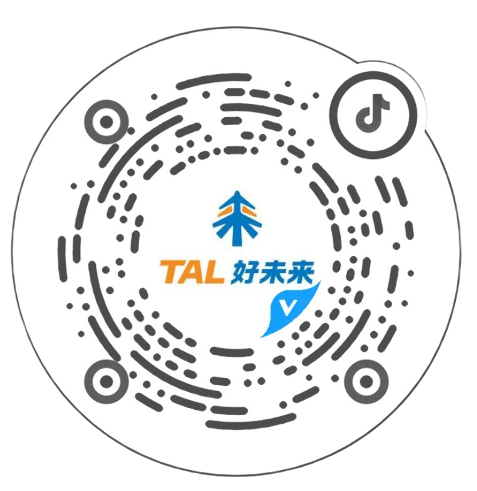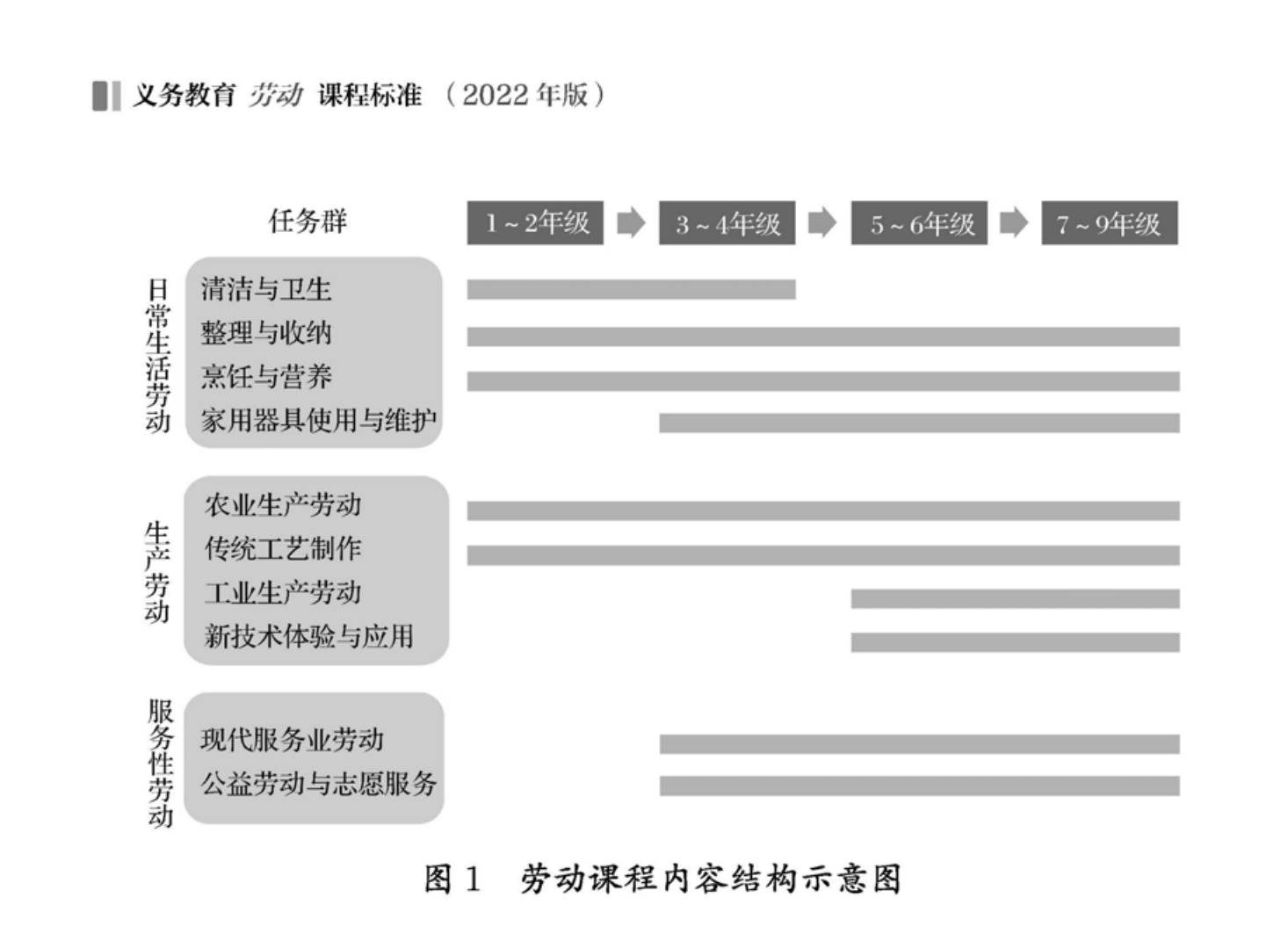




“Love Learning, Love Labor” will no longer be just a catchphrase. Starting this fall semester, labor courses will be introduced into primary and secondary schools. Content such as organizing, cooking, planting, papermaking, and even CNC processing will bring a fresh vibe to future compulsory education.
At the same time, businesses are also supporting labor education. Technology companies like TAL, for instance, have already positioned labor education across multiple business lines and are actively developing new educational products. They aim to become a strong supplement to family and school education.

Labor Course Trends
Topics such as "Fifth and sixth-grade students should be able to cook 2 to 3 home dishes," "Labor class should be at least one class hour per week," and "New labor course in primary and secondary schools includes 10 task groups in 3 categories" quickly climbed the trending charts on various platforms. This follows the Ministry of Education's release of the "Compulsory Education Curriculum Plan and Curriculum Standards (2022 Edition)," which formally integrated labor classes as an independent course in the elementary and middle school curriculum starting September this year.

Image from: Compulsory Education Labor Curriculum Standards (2022 Edition)
Contrary to what most might think, the content of labor courses in the new standards extends far beyond cooking soups, repairing home appliances, and cleaning. According to the "Compulsory Education Labor Curriculum Standards (2022 edition)," labor courses not only include daily life labor but also production labor and service-oriented labor options.
In production labor, apart from gardening and poultry farming, there are activities like pottery, papermaking, textiles, woodworking, metalworking, electronics, and even advanced technologies such as 3D printing, laser cutting, and smart control technology. The scope of service-oriented labor is also broad, including tasks like providing data analysis services for school cafeterias, marketing plans for local specialties, and serving as small guides at the school history museum.
Other countries already have related practices, such as Finland offering technology, textile, and home economics classes at the primary and secondary levels; Germany providing general knowledge and handicraft courses that include papermaking, weaving, and woodworking; and Japan with its 'Japanese lunch education,' where teachers engage students in washing ingredients, cutting vegetables, seasoning, and cooking, enabling them to gradually acquire essential life skills.
In China, labor classes have been around for over 40 years since their introduction in 1981. This separation of labor classes from comprehensive practice activities highlights the increased importance of labor education.
As the public, especially parents, engage in discussions about labor classes, social forces have quickly turned their attention to this realm. Labor education is understood to involve the cultivation of numerous aspects of children's quality and ability. Under the context of constructing a high-quality education system and fully implementing the "double reduction" policy, many educational enterprises are actively exploring labor education, looking into how to position themselves in the labor education market.
Organization, Crafts, and Multipurpose Careers
Even before the release of the new curriculum standards, TAL had already been heavily exploring the field of labor education. Particularly since last year, many business lines under TAL have transitioned towards quality education, launching a series of quality education products that echo labor education themes, such as courses in organizing, traditional crafts, and role-playing children's animations.
"Organizing Courses for Children" is a quality course produced by TAL’s Xueersi Online School aimed at helping children achieve independent living skills, aligning with the “daily life labor” aspect of the new standards. In this course, children follow professional organizers in organizing their backpacks, desks, and bookshelves, learning practical skills and mastering the use of organizational tools.
"Organizing courses can train children’s abilities in classification and synthesis, decision-making in the face of dilemmas, cultivate the habit of timely organizing and storage, and develop systematic work habits – it's the first step towards independent living," explains the course’s research and teaching expert.
Meanwhile, the Xueersi Suyang Center under TAL is focusing on traditional crafts. Xueersi’s senior research and teaching expert, Cui Tianming, notes that the Xueersi science experiment class includes a specialized intangible cultural heritage module covering tasks like lantern making, mortise and tenon joints, oil-paper umbrellas, and kites, which corresponds to "production labor" in labor education. These courses are designed to let children experience the wonders of traditional crafts and cultivate an interest in labor.
Apart from quality courses, TAL’s Panda BoBo brand delivers more innovative experiences in terms of form and content. In the 39-episode career enlightenment animation “Panda BoBo,” the panda character plays various professional roles, such as a brave firefighter or a busy construction worker, completing an array of tasks.
The "Panda BoBo" animation production team hopes to inspire children to not only solve life's challenges but also acquaint themselves with various professions and instill a correct value system that respects laborers.
Additionally, the "Panda BoBo's World" series features content like "The Birth of Food: Exploring the World of Ingredients" and "Garbage Classification Assembly," helping children understand food production processes and learn about garbage classification, thereby enhancing environmental awareness.
Educational Companies Define Their Roles
TAL's initiatives in the field of labor education reflect an industry-wide trend. Industry experts believe that amid the new trends of quality education and labor education, companies like TAL should clearly define their roles to help further labor education development.
Xiong Bingqi, Director of the 21st Century Education Research Institute and an educational scholar, points out that current challenges, such as labor classes becoming assignments for parents and schools not having enough resources to effectively conduct labor education, persist. "To overcome these hurdles in labor education, it requires coordinated efforts between school education, family education, and community education," he says.
Specifically, family education should involve children in household chores, cultivating life skills, independence, and responsibility. School education should complete labor education curriculum teaching tasks as per the curriculum plan and standards of compulsory education. Social training institutions can provide labor education faculty, curriculum development, and provide labor practice bases for school and family labor education.
Education industry experts note that labor education is inherently part of quality education, offering significant opportunities for the education sector. Following the release of the labor curriculum standards, companies like TAL are already taking action. Reportedly, TAL's various business line research teams are diligently working on the "Compulsory Education Labor Curriculum Standards (2022 Edition)," swiftly developing new labor course products.
The Xueersi Suyang Center is utilizing existing quality course foundations to develop short-term courses aligned with labor education, such as in household labor with cleaning and hygiene courses that explain various household detergents and demonstrate ways to remove stains from clothes; in cooking and nutrition, offering knowledge on nutritional content of foods and methods of preparing ingredients.
Meanwhile, the Panda BoBo team continues to design labor education products that meet new curriculum standards from children’s animations and educational games standpoint, involving scenarios of family life and occupational labor.
TAL’s representatives believe that in supporting families and schools in their labor education efforts, educational companies generally have their own expertise and advantages. With nearly 20 years of teaching and research experience, along with professional research teams and powerful educational technology, TAL will strive to leverage these strengths to aid in nurturing a generation that understands, is skilled in, and loves labor.